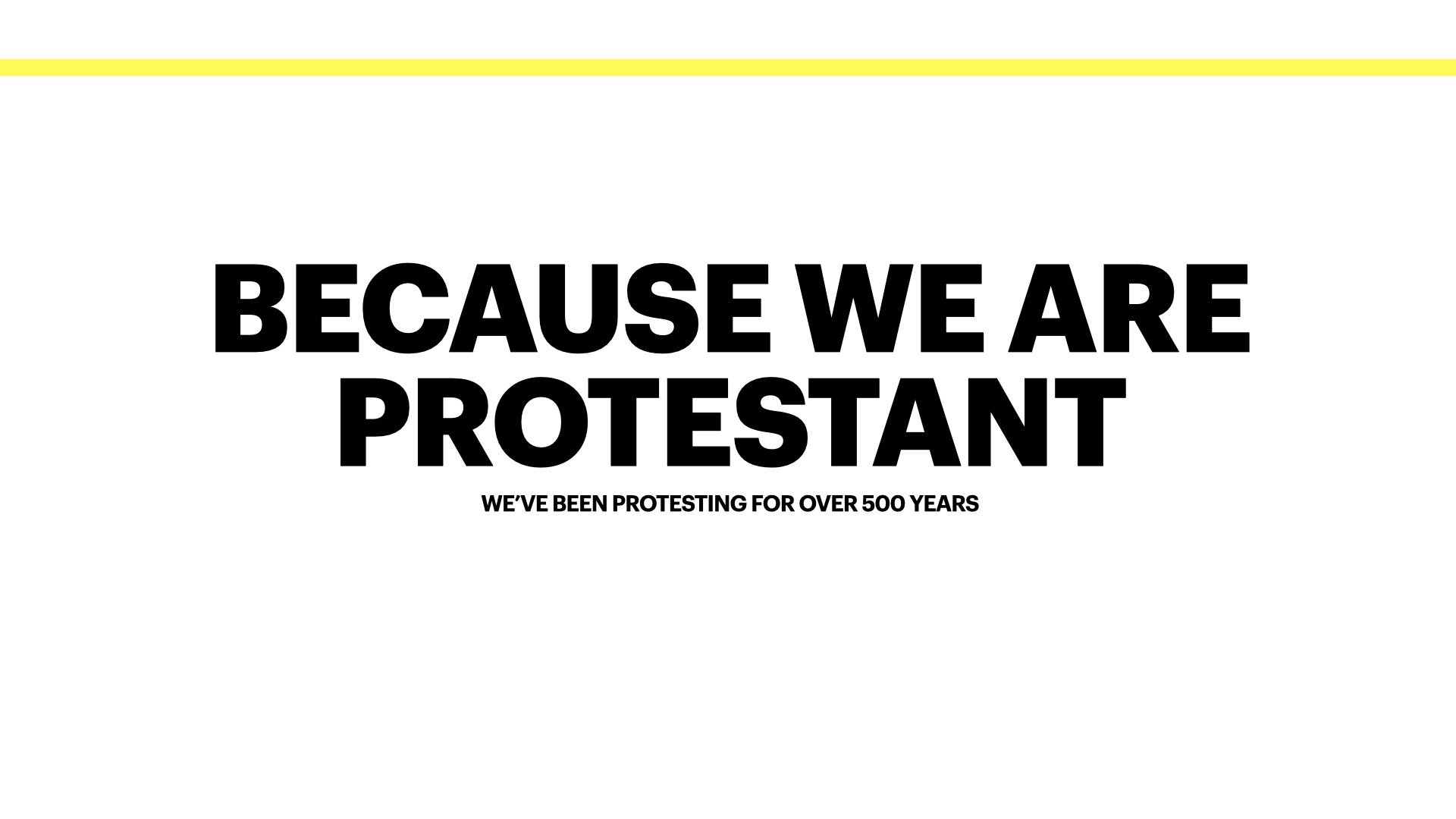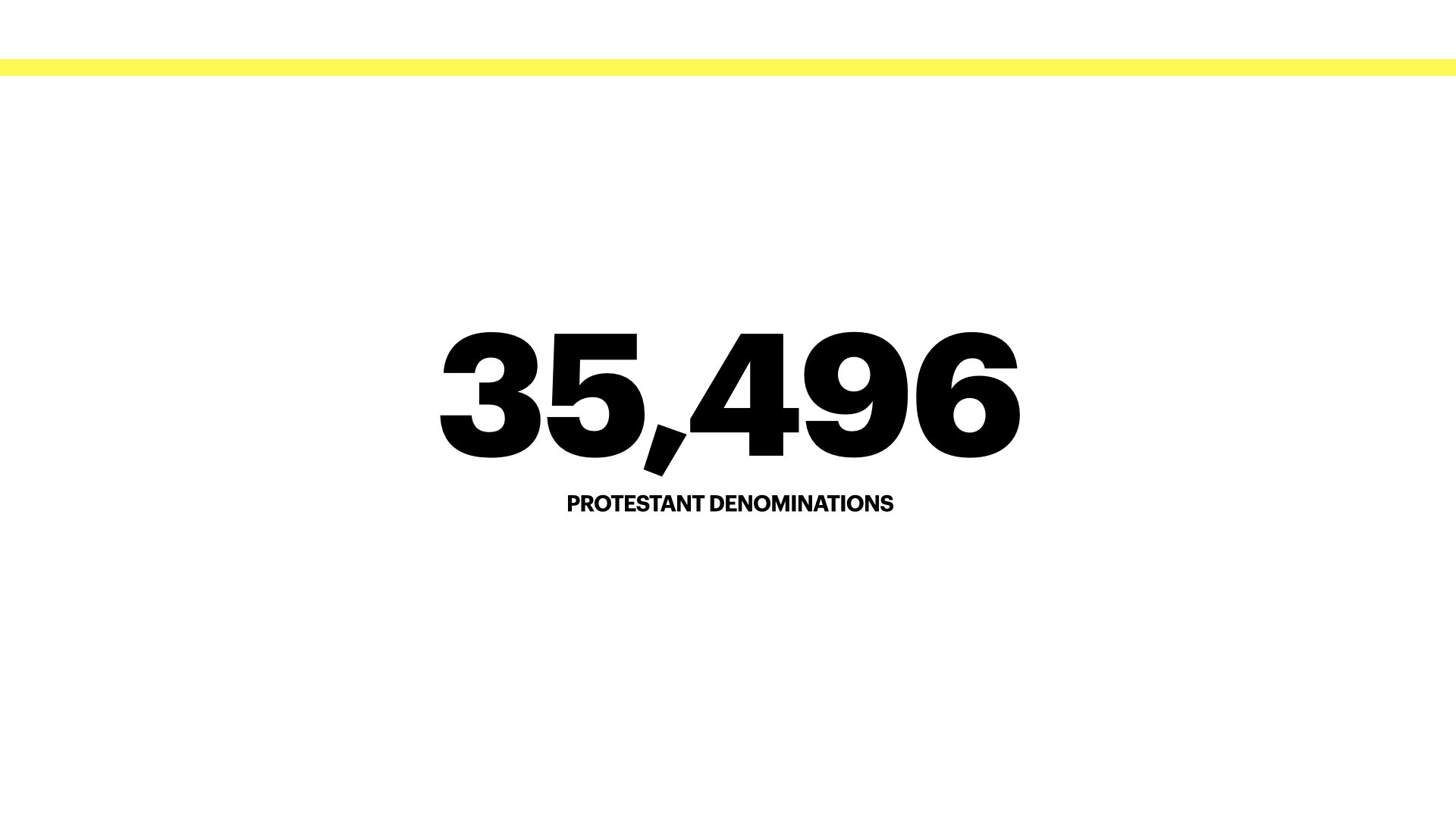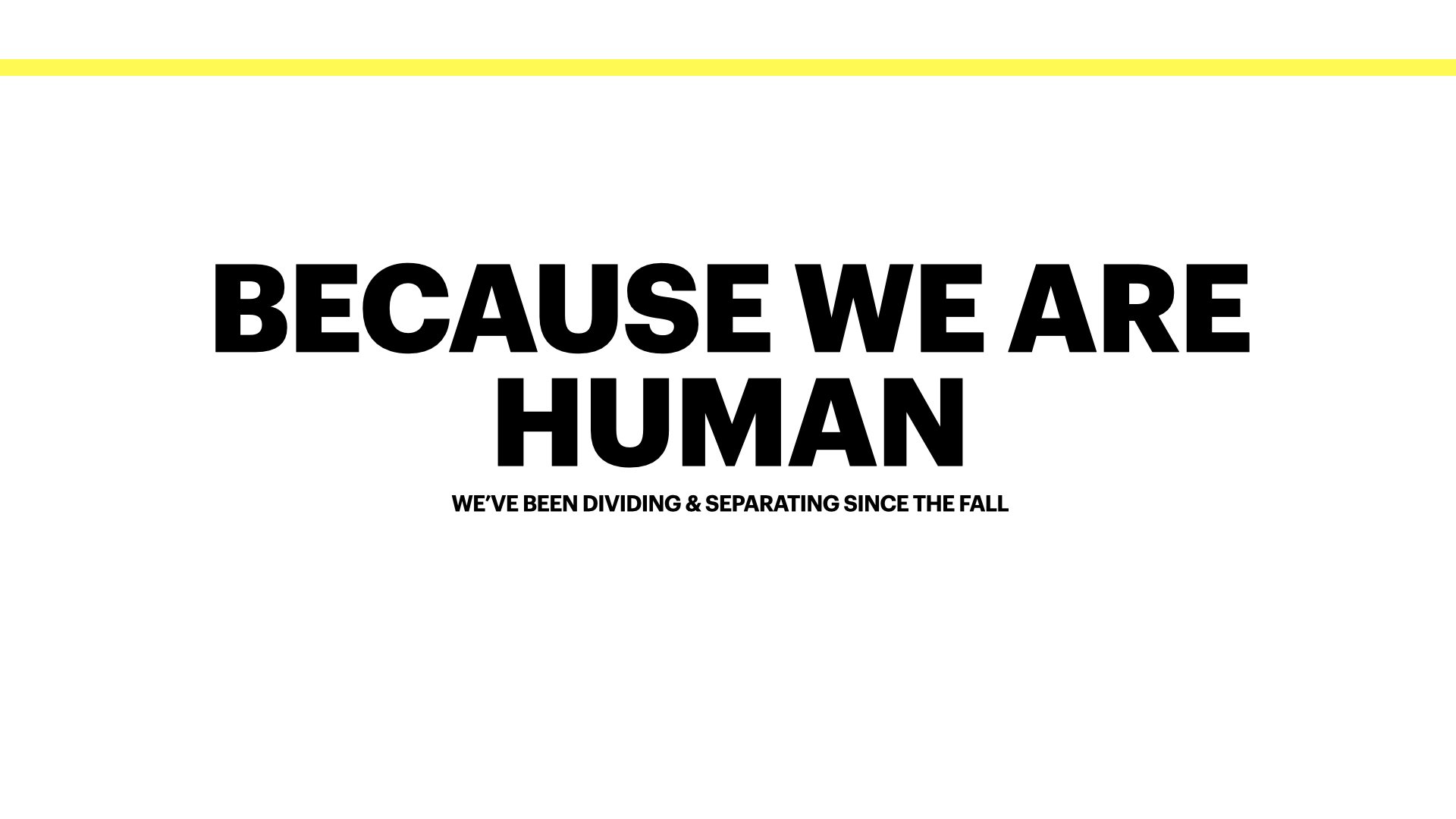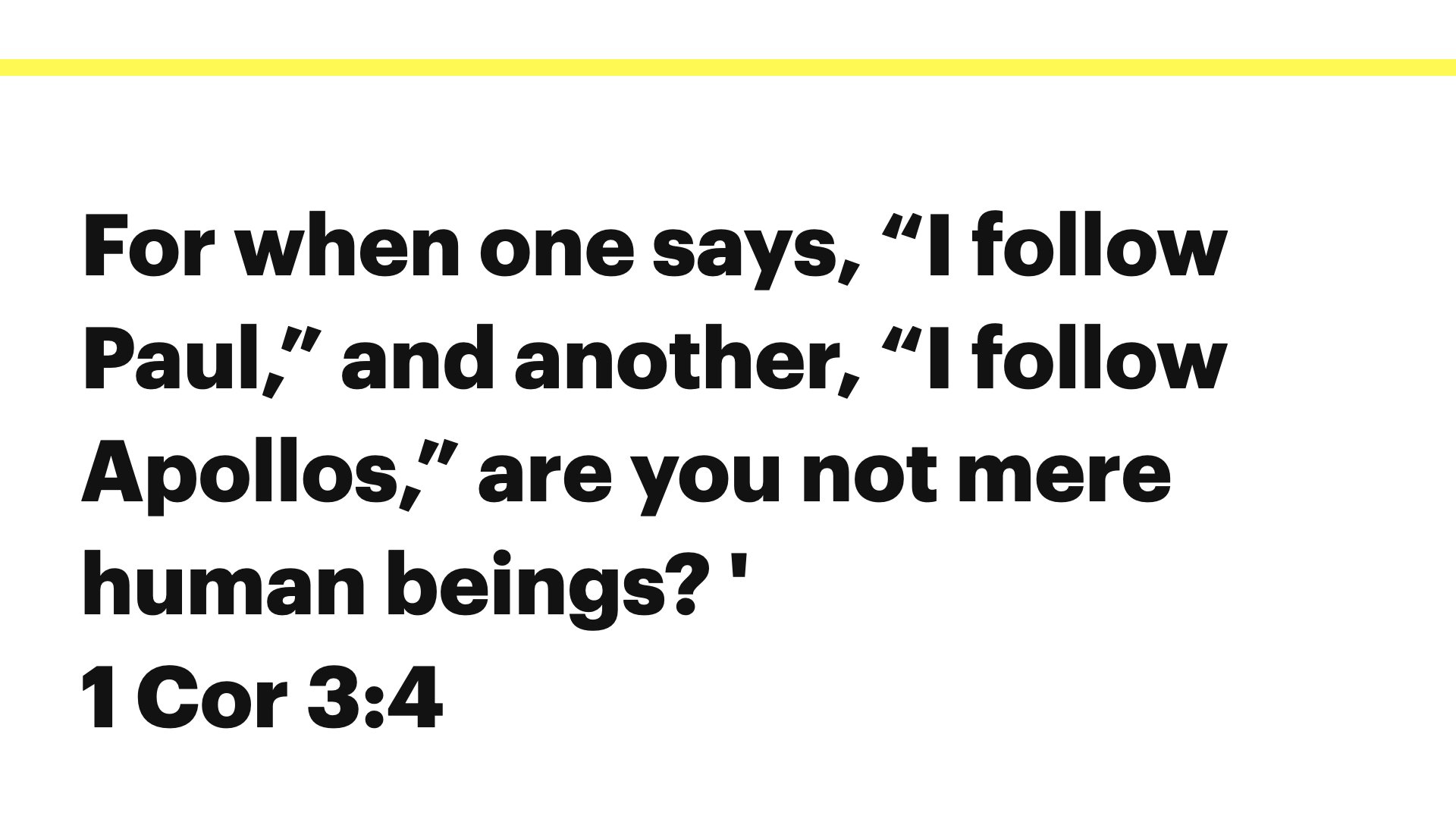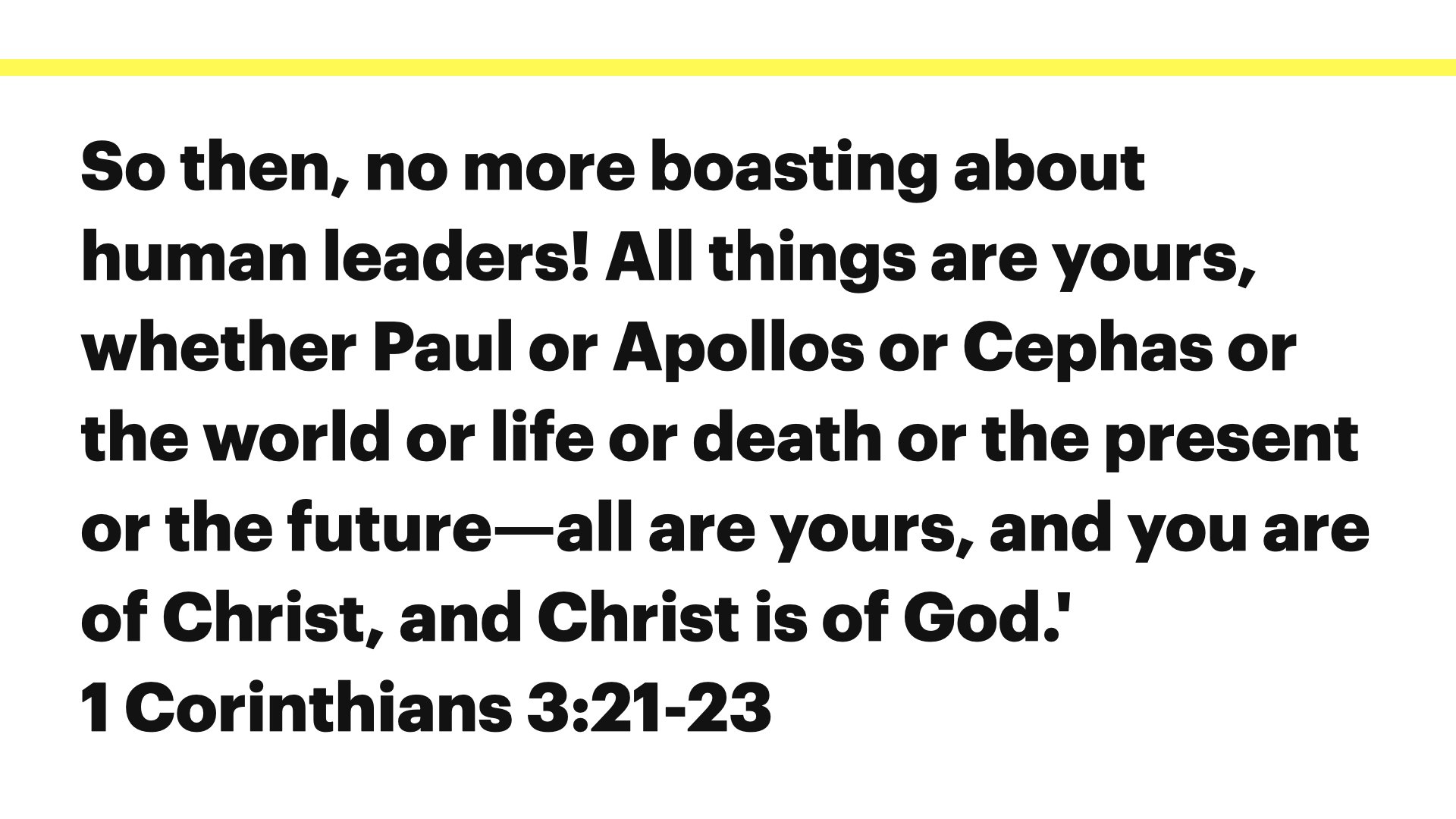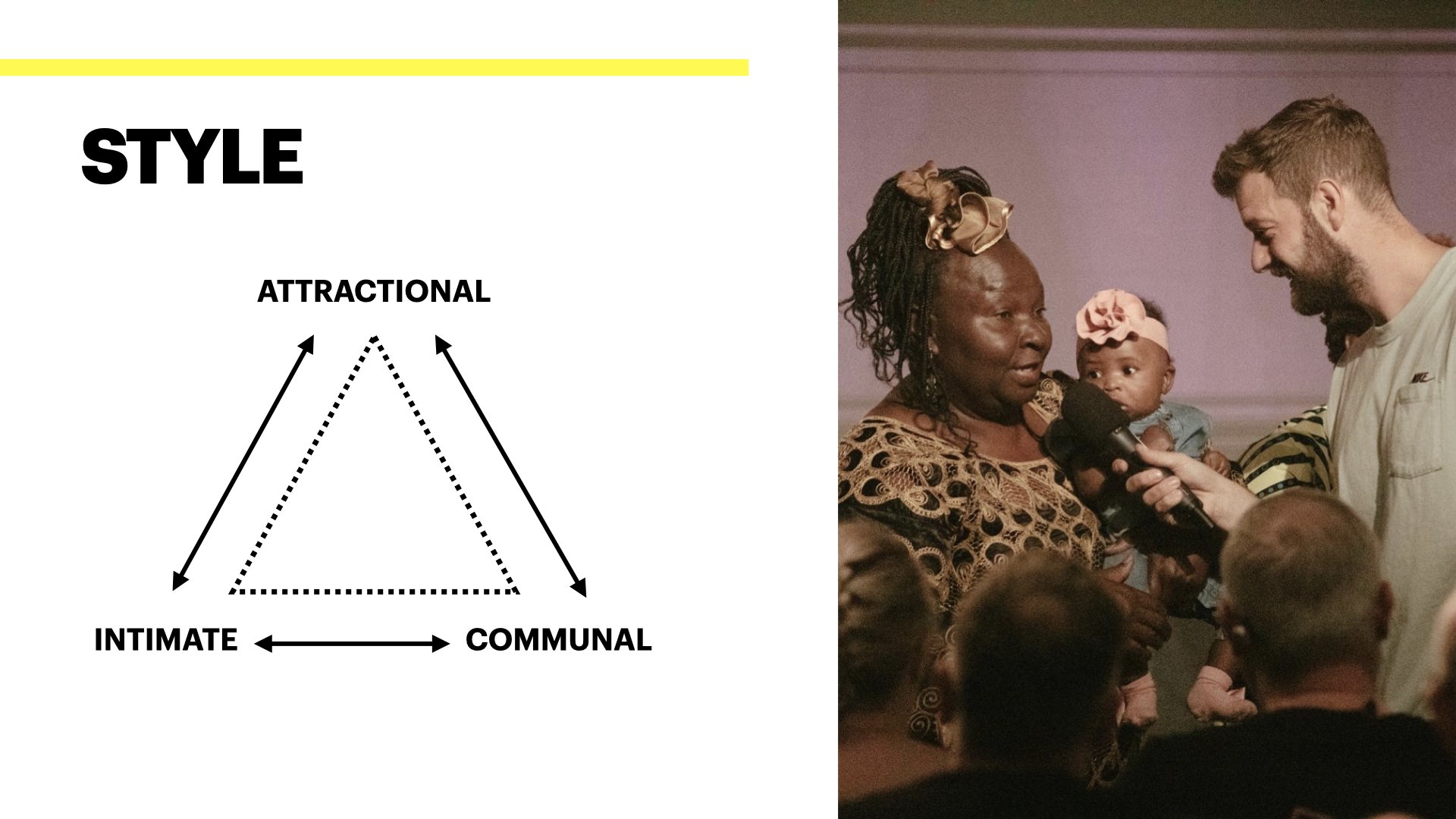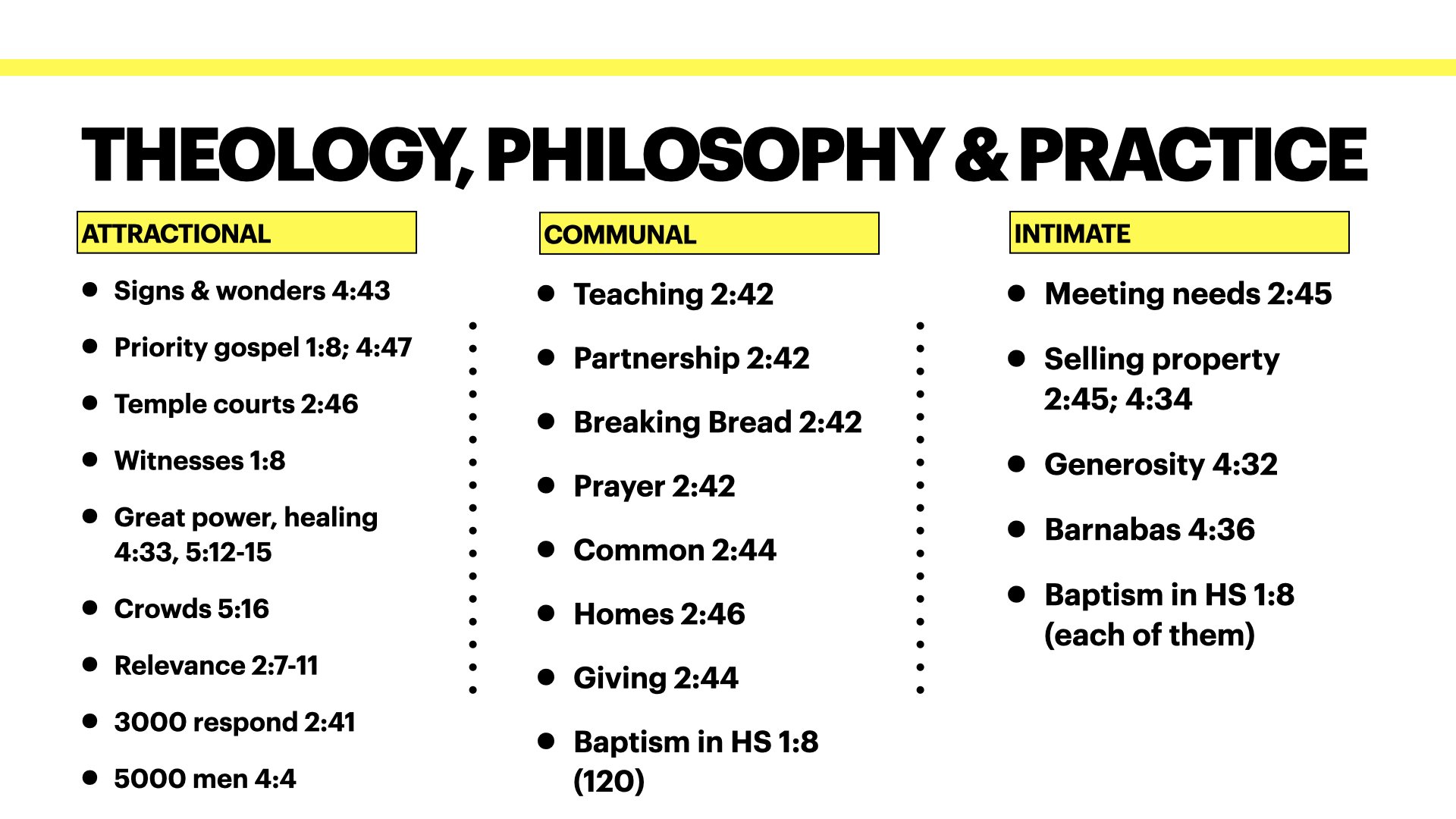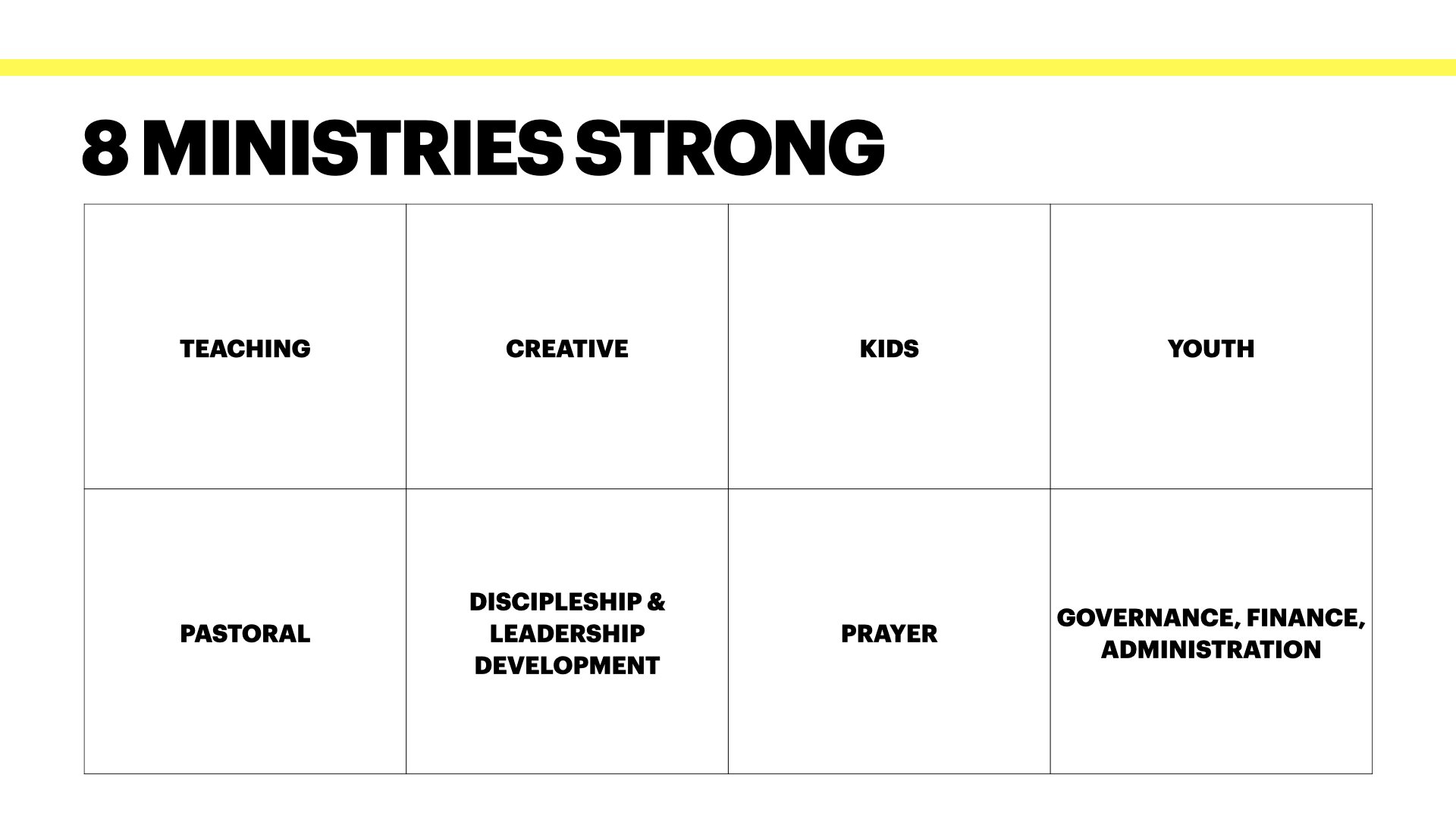CEP SEASON TWO EP: 27 - WITH GUEST PAUL BENGER
By Dave Mckeown and Nathan Benger
The Church Explained podcast is a conversation to help grow your leadership, develop your team and build your church. Your hosts will be Dave Mckeown and Nathan Benger. We talk about all things leadership with key team players from IKON Church and other guests during each show.
Welcome to Season 2, Episode: 27 of the Church Explained Podcast with guest Paul Benger
In part two of our conversation, Paul provides many brilliant ideas for creating a clear growth strategy for your church or organisation.
SHOW NOTES
FULL TRANSCRIPT
CREATED BY AI - SO NOT 100% accurate.
David Mckeown 0:00
Well welcome to the church explained podcast a conversation to grow your leadership and build your Church
David Mckeown 0:14
great insights great answers there. Thank you something that whole idea Roberts Orion, that sense of celebration, celebrate what people do, rather than what people were doing during the pandemic? And even before then, yeah, you know, people choosing sides and knock on one against the other. There's something powerful about just celebrating what people are doing. And I think of leaders can get that into their at that that for me the biggest takeaway, but also I think, if churches look at maybe the, you know, the hundreds or the 1000s, that actually they can't have it all they can't. All those three things that you've mentioned, that can be attractional. Yeah, it could be communal, and they can be intimate as well. Yeah. And maybe they should be thinking through all those, you know, which bits Are we strong at? which bits? Do we need to sharpen our bond? Yeah. Because all those things together are a picture of what the Church is, even from the book of Acts.
Paul Benger 1:05
And that's a great, I mean, that, that is a great thing. And maybe we'll come on to how we kind of thought to apply that. Yeah, but but I think another reason that I didn't mention, which I've not talked a lot about, but it's worth mentioning on this podcast. Another reason people did that polarisation was because of what was happening in the Church worldwide. We saw some big churches collapsing, we saw some prominent leaders well known leaders fall in. That's always happened. But but but when it happens in a pandemic, it's like everybody sees it when it happens in a world ruled by social media, and everybody sees it. And I think lots of people got disillusioned with that disappointed with that. Yeah, they were heroes of the faith that suddenly, perhaps didn't seem as heroic to people as before. But the reaction people had was, well, let's just dismiss that. And let's just dismiss that kind of thing. Yeah, dismiss that kind of
David Mckeown 2:04
dismiss the sort of churches that are sort of churches.
Paul Benger 2:08
Yeah, which tended to be because of their prominence and profile tended to be what people would call more attraction. On the more attraction,
David Mckeown 2:18
but there's so many churches that that actually, and this is the thing, I think we got to celebrate it so many churches out there. Were leaders aren't face musician. Yeah. And they're not, you know, they're not falling on society that we put to go for it. Yeah. And we often focus on the few Don't be the few leaders that we've heard about. Yeah, but what about the 1000s? millions of followers getting on with it?
Nathan Benger 2:39
That's what makes the news, isn't it? You know, you just, you know, Twitter, you just go on Twitter. And you just scroll through your feed and you can instantly come off depressed because that that's what it is that what that's what piques people's interest is the bad news or that stuff that, you know, as as has been said that sells. So obviously we've, we've we've gone through this, but it's not just been Oh, we've done a bit of teaching. And that's it, we're actually beginning to apply it and begin to apply it in our setting. And so I wondered if you just delve in a little bit of how we've applied that, because it's great in theory, but there's a practice to it. And how we begin to do that.
Paul Benger 3:24
Yeah, well, like I said, we wanted to not just take this idea and say that's great. Yeah, it's a good mentality for us. But how do we respond to that? Because, you know, for me, it felt like a strong, it was something I'm used on for about 18 months, I think I kept quiet on and said very little about. I mean, the first thing is that I wanted to say to our Church, three things really that are given is that one we are spirit filled, and we call that charismatic, we rely on the Holy Spirit. We believe in the Holy Spirit, the infilling, the gifts of the Spirit, we were spirit filled. Secondly, we're growth minded. We believe that Jesus said, Go into all the world and preach the gospel to every creature still believe that. That's it, and you might want to call that evangelistic. We are growth minded. We want to reach people in the third thing, we want to care for the communities where we live, we want to have an impact to make a difference and care for people. But practically, what we then said is we we said, well, we wanted to have eight ministries that are strong in the life of Church and some of these ministries. You know, we might say, in our current context, they're strong already. But we had the sense they could become stronger. You know, in terms of looking at the early Church, the book of Acts, particularly, even as strong ministries could become strong. And then there are other things maybe we're not so strong in that we could build strength and strength into the eight ministries that we identify wide. We're teaching our creative ministries, which is like all our production, our worship everything, kids ministry, and ministry to families, youth, pastoral ministry, discipleship and leadership development, prayer, and then governance, Finance and Administration. And we said those eight ministries, we want to build strength and build more strength in those. And so we, we literally, you know, created a, again, sorry, if you had a bank, I just hit the microphone. We, we created a platform, a framework that we're asking leaders of those ministries to work through, to make them strong so that there's practical application that we can keep revisiting. And we can keep asking the question, how are you? How are you going in developing strength in that ministry? How is that ministry development? Are we getting stronger in terms of our teaching? Is our creative worship production? Is that getting stronger? Is our governance getting stronger? So we wanted to be able to monitor if you like, the progress that we wanted to make in those areas?
Nathan Benger 6:18
I wonder if you'd, because we've developed this and it's eight ministries, but actually, we did something as a Church years ago. It wasn't eight ministries. On IKON. I don't even think I was involved in leadership when you first started doing it. But it was less ministers. I wonder if you could just talk into that. Because there might be a Church that's thinking, Okay, how do we start it? But yeah, we don't have a ministry is where where, where did we start when we thought about this when we did this previously? Yeah.
Paul Benger 6:50
Yeah. And I think for us in a particular period of time, this was one of the most effective things we did as leaders to develop leadership scale and develop the the quality and of the things that we were delivering as the Church we call it a balanced ministry, model and since been renamed healthy Church model. And what we did back in the day, we identified four, four areas. And those areas were Sunday services. They were kids and youth. They were community activities, and they were administration. And we just in each of those four areas, we asked the question in the next 12 months, what would success look like? And I know people get worried about that word success. But what we meant for that, what would strength look like? What would progress look like? You know, that's that was our thinking in those areas. And then we set some targets. So when it came to Sunday services, for example, we'd set we'd set four targets and say, Well, you know, if in 12 months time, we'd achieve these things in Sunday services, we'd sorted out some of these may be problems that we we felt we wanted to change in 12. That would be success if we did that. And so we would identify four things in each of those categories, we would outline what this success looked like. And then we would create, give a Create an Owner, we'd say you're responsible for that. And then over the period of 12 months, we would meet three times, so every sort of three months, and we would meet and say how's that going? How's that developing. And we discovered when we first started, we discovered by the end of month seven, we we've done everything, we set our targets and our goals too, too low. And some are in some of those, those areas. And then we did that I think we use that for a period, five, six years and developed it grew bigger, we went from four quadrants, I think to seven areas where we would then do that same exercise. And we did that and that caused us to be able to move forward in our scale in our ability and our leadership and our quality of service as a Church. And I guess what we're doing now on the back of this is we're revisiting a version of that. And that's focused on these eight ministries that I mentioned, but it
David Mckeown 9:31
has some of the key elements still in there. In one sense, like you've got people who are responsible for those areas. So that's a big thing, just to have somebody earmarked who's going to drive that forward. And then of course, you've got some other measurements in there haven't you've got, like the beehive there that yeah, carry the dishes go. Yeah, I do encourage people to think about what else is on the list. I mean, we'll put it in the show notes. I think for people Yeah. Of your Hoppity Yeah, for that to be shared, but we'll put it in there. We'll strip out our informations cherry But we'll, we'll give them the template.
Paul Benger 10:04
And we can give them the balance ministry or the feature template as well, because I think it's now what we've done here is make it two tier. So what I'm going to describe is if you like tier one, and then what I've just described in terms of those specific targets, is the neck, the the outworking of it, which is still still required. So we've identified these these things, first of all, and ministry leaders, like you say, who's going to be responsible? Who's going to lead this ministry? Name? What's the be hag, which is BHA G, the big, hairy, audacious goal? Be careful, there's
David Mckeown 10:46
different ways this.
Paul Benger 10:49
So so in that ministry of what is the big goal, what are we really trying to achieve all the time? Then the next is what will be some immediate wins, what is something we can do like super quick, within the next two or three months, that actually will be a big win for us? Moving that forward? Have we got any training needs? The next area is what are our training needs? What are our opportunities for training? The next area is relationships and mentors, who in this area, do we need to connect with? Oh, do we need to learn from
David Mckeown 11:22
in this moment? And that can be both internal and external,
Paul Benger 11:26
internal and external? Yep. And then the last one is like who's next? And who's next is in every area, we want to continually bring in people through new people into ministries and new new people into leadership. And and then that we have two segments, which actually lean on to the application. It's 2022. What would success look like in the last half of this year? You know, the last quarter of this year, as we're in now. And then 2023, what does success look like? So again, that would be then coming back to that next layer that I mentioned earlier? What's the four things that we can do in 2022? That would give us success? What's the four things we could do in 2023? Yeah, so
David Mckeown 12:17
helpful. I think for a lot of churches, even the explanation, yeah, it's useful. Can I just pull out a little bit there on that sense of the who's next? Yeah. Because I know, that's a big part of our lives, really here at IKON Church. But I think it's great language, because we've been using two phrases recently. Have we who's next? And the other phrase we've been using is like, widen the circle. Yeah. I wonder if you just mentioned something about that. Because I think that would be useful for leaders. Yeah, even at this time, even though it's slightly off topic. But the archinect that idea?
Paul Benger 12:49
Well, maybe on the who's next story about from, like, youth? And yeah,
Nathan Benger 12:55
so when, when we started youth, I used to work for the network of churches ground level, and we used to travel together. And I'm pretty much most journeys, while one journey a week, I would get asked the question, who's next? And it would be very much, who's who's a young leader who's coming through who's, who have you seen? Who are you looking for? You know, who's around, really, and I think we want to have that mentality of who's next who's coming through, it doesn't have to be a young leader, it could be anybody. You know, I have a thing where it's the faithful available, teachable. And, you know, we had a prayer meeting last night, night before recording this, and just looking around again, because that's one of my things is who's at the prayer meeting? Because that's like, okay, they're here. They're invested. Yeah, they want this. And so then you get a sense of who's next. And it might not just be who's next to take over the big role, you know, we've put ministry leaders on there, it might not be for those guys, but it might be who's next to take some level of responsibility in this area. So, you know, you talk about that second layer and ownership on certain key things. You know, when we're talking about the balance ministry model, and you add an owner, it could be who's next who could own this area to see this move forward. And so that being constantly in our language of who's coming through who we see, and I think that's really important, because we can get so caught up in doing things. And sometimes even as leaders, we think we have to do everything. But we can see now who's next, who could I empower who could I lead through?
Paul Benger 14:40
Yeah, and I think that faithful available teachable, is key. I think as well with who next year, you're thinking, who can see God's hand on, you know, who's got who's got some spark who, there's something about them, you know, whatever it is, so, it's identifying. You think that Something potential you, you can see that gold shimmering in a person and you think they could be next God could be using them in some area, but then they widen the circle is that let's not have closed circle, you know whether that's a team or let's let's let's break the circle and invite other people in and bring other people in. And then they become the potential people who you might we might be looking at in six months time or a year's time and thinking they could be next. But if we keep our circles closed, so I've just been trying to encourage our teams courage individuals, just keep widening the circle or just keep inviting people in. And, you know, sharing, sharing ministry sharing the load sharing, you know, responsibility and opportunity. And so those two things are slightly different. But but you know, they linked together,
Nathan Benger 15:56
they do, and we even, even recently here, we wanted to restart again, after the pandemic, like our ministry to one to four year olds, we call it goo tots, I have to get the name, right, because there's so many gurus out there that we do, but do tots. And that was an opportunity for us to widen the circle. Yeah, it was an opportunity, there's a new ministry, to get some new people who are in around Church involved. And it's been given that and even within that, were identifying from that group of people who've been around Church, maybe six months to a year, they could be next. They could be the ones who lead this, they could be the ones who take this on. So I think that even for churches, that's a great opportunity. When you start and you wanted to start something, it's a great opportunity to go. Because sometimes we just look around the circle, we've got well, who can do that, rather than? Yeah. Let's widen that circle.
David Mckeown 16:53
Yeah. And I think one does lead to the other, you know, because of your Church and your thinking, you know, let's widen the circle invite people in. And as Nathan says, in that space, then you can see who's going to be next to take on a role. Yeah, I think if we try and do one without the other, there could be complications. Yeah. And then one leads to the other, which is, which is brilliant, and I think it's just fantastic stuff you've been sharing? Yeah. Have you? Do you think you've, you've really nailed it on the centre of the integrative Church, anything you want to say on that? Because we've got a few quickfire questions we want to
Paul Benger 17:24
Yeah, well, I think the other thing I would say is, in one sense, just from my own mind, I'm not sure you know, whether listeners would agree or, or you guys would agree, but I wished I had a better phrase than integrated Church, but I can't think of a better phrase, you know, I like it. Well, good. That's,
Nathan Benger 17:46
well, it's, we've heard it that many times that it's ingrained in my brain now.
Paul Benger 17:52
But I think as well, I've got that I've got that triangle. Yeah, where I show people where they all connect together. And so I think when you see integrated in that context that, yeah, we're attractional. And we're communal, we're communal, and we're intimate. We're intimate, and we're interactional. And they all interlock and interconnect. I think you get the idea. It's integrated. It's all ours.
David Mckeown 18:15
But if somebody if somebody has a better name, and they want to find our way, yes.
Paul Benger 18:20
Make it better,
David Mckeown 18:21
make it better for them, then
Nathan Benger 18:23
do a podcast on it. And then we'll take it back.
David Mckeown 18:27
So we've got a few quickfire questions. Well, that's been brilliant so far. It's we're so pleased you've been on today because, as we said earlier, it's been ages. Yeah, but a few quickfire coins quick. Yeah. Well, you take the first one. Yeah,
Nathan Benger 18:39
so these are quickfire. So go for it quit if could write a book, what would the subject be?
Paul Benger 18:43
So I'd have to write two books. One would be about the Church because we've been passionate for the Church for years and the other would be about overcoming mental strongholds. Okay, great. Been a bit of a personal journey. So maybe two books
David Mckeown 18:56
started. And then on the subject of books, what is your favourite leadership book of all time,
Unknown Speaker 19:02
apart from the Bible,
Paul Benger 19:04
apart from the Bible? Well, the my favourite leadership book of all time, I think, what? So it's a hard question, but I'm gonna say, I'm gonna say that one I really loved was axiom by Bill Hardwick just because they were memorable, little pithy statements. And the chapters were about a page and a half, etc. But the fact that it was meant memorable and they were clear. That was one of my favourites. I
Nathan Benger 19:30
love it. Great. What is the one type or piece of food you would not want to live without? What's your first meal in heaven gonna be? That's a good question.
Paul Benger 19:42
Yes, it's a reuben sandwich. Which is pastrami pickles.
Unknown Speaker 19:49
That's nice. Yeah, yeah.
Paul Benger 19:50
This is a sandwich from them. It's not American. So it isn't American American but like, I think Jewish roots in terms of the day Did you wish Yeah. Yeah,
David Mckeown 20:02
I love this drama you make you hungry. Okay, so your dream destination would be to visit? Where would that be?
Paul Benger 20:09
I think South America because I've not been to South America. So I'd like to do I'd like to do that
David Mckeown 20:15
one of my few Nathan.
Nathan Benger 20:17
So I have to Fiji for the super relaxed destination and then South America as well. But it would be very different. It would be a foot football, football ground.
David Mckeown 20:29
I would be going for the stakes, I think. Yeah, I go to Japan.
Nathan Benger 20:35
Yeah. And then I think I know this your favourite movie and why? Gladiator? How many times you watched it? Well, you went, Oh, done. You know, how many times did you watch it in that season at 13? When
Paul Benger 20:49
it first came out? I watched it within the first year I think about 13 times. I I just had everything for me. I had the story, the tension, the you know the hero. And just I mean, I could quote at times like then, when he first came out, I could quote large swathes of it. Just because I'd watched it that many times and most used moving for so many illustrations for me anyway.
David Mckeown 21:15
Yeah, like God damn.
Nathan Benger 21:19
Best Movie would be godfather.
David Mckeown 21:23
Oh, yeah. Mine is The Bourne Identity. These are the matrix.
Nathan Benger 21:29
Right? I guess people can connect with you Instagram at Paul Benja. Yeah, that's the best way for people to connect. Yeah, best way yeah. Or bend. Yeah, yeah. Great. Well, that's been a wrap. It's been great to be together on this episode of The church explained podcast. Thanks for listening. And if you could rate review, share, subscribe. Wherever you're listening to this content, then please do that. Also, don't forget to head on over to IKON dot Church Ford slash open and you can get access to loads of free content.
David Mckeown 22:03
Let me just say that go we wrap up in a IKON Open. We're having so many people hit the website. Just let listeners know. Like since it's launched last year, we've had probably over 55,000 people or leaders looking for content so you could be one
Nathan Benger 22:20
of them. Yeah, exactly. There's loads of free content out there and loads of stuff for you and your Church. But that's it for now said it's been great to be together and we'll see you next time on the church explained podcast for Ireland.
Transcribed by https://otter.ai
BONUS SLIDES OF INTEGRATED CHURCH
SHOW LINKS
FOLLOW PAUL AT @paulbenger
IKON OPEN - FREE CHURCH RESOURCES







